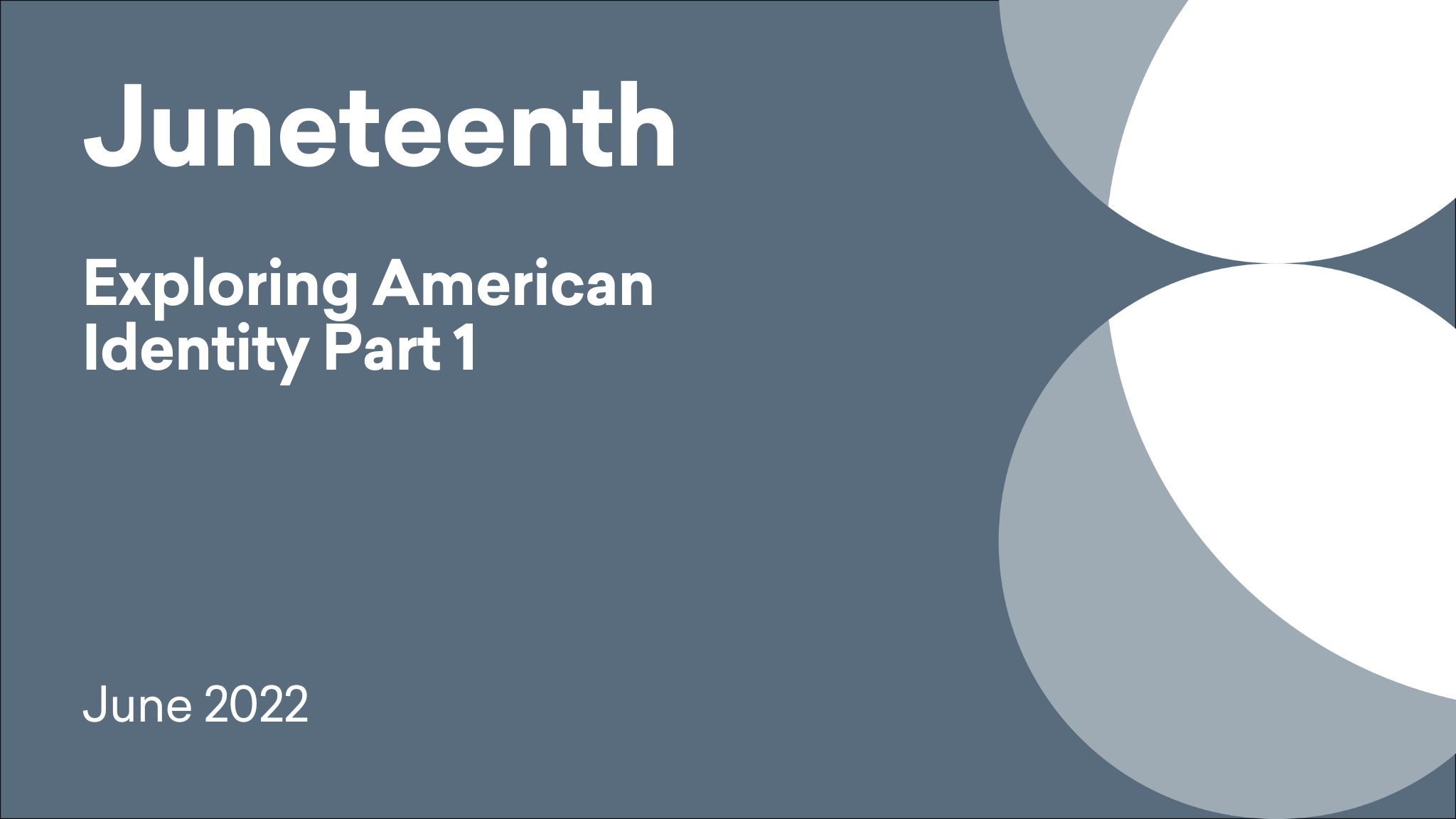
09 June 2022
As part of National Civics Learning Week, More in Common released findings from an online focus-group type activity with over 100 American adults. The findings indicate that while most American adults consider themselves reasonably well-informed about civics, they primarily engage in civics learning through solitary activities such as reading the news. It is far less common for Americans to talk about civics in group settings or to participate in civic learning activities in their communities.
In October 2023, More in Common launched an online community of approximately 150 Americans titled “Americans in Conversation”. We engage them in an online survey platform. From January 9-12, 2024, we asked Americans about civics in America. A total of N=121 US participants completed the activity, with participants roughly representative across US Census demographics such as age, gender, race, and partisanship.
When asked about civics, many American adults feel they have reasonable knowledge, but relatively little social engagement. The most common response when asked about whether they have a civic role model, for example, is some version of “no”. Similarly, when asked how they continue to learn about civics, American adults are three times as likely to say “read the news” as they are to say they participate in a community group. And close to three quarters of participants in our focus group said they do not belong to a group that regularly discusses civics.
This presents a challenge: civics is inherently social. It requires engaging with other people and groups to identify, negotiate, and solve problems or to otherwise shape and participate in civic life. Yet, for many if not most Americans, civics is an abstract and individual enterprise—it is not a feature of their experience with other people, and they often lack someone to provide an example of how to engage as a citizen.
When they do identify role models, it is most common for people to identify a family member. This underscores that when people do engage with civics, they do so via relationships, especially with family.
“Civics to me, at its core, represents the morals and values that I feel should be shared by Americans, and [I believe we should] consider the values and consequences of the role that [civics] plays in various ways across many different life spectrums, not just within the confines of the concept of citizenship.“
– Lily, Aged 35-44, White Woman, Politically Disengaged
“I would say my role model is first my mother and then my pastor. I learn a lot about civil rights, society, and what is going on in the world from my mother.“
– Evelyn, Aged 45-54 Black Woman, Traditional Conservative
“My mom is always my inspiration, and demonstrating good civic behavior is one of her role model traits.”
– Yasenia, Aged 18-24, Hispanic Woman, Progressive Activist
Explore the depth of our research at your fingertips. Get the complete insights by downloading the full report today.
What unites and divides Americans today? This newsletter takes a closer look at issues pressing on America’s social and political fabric and provides recommendations for how to strengthen ties to keep us bound together.